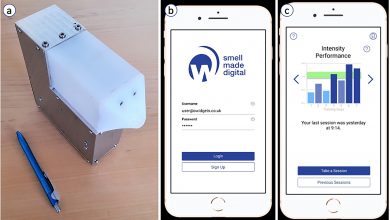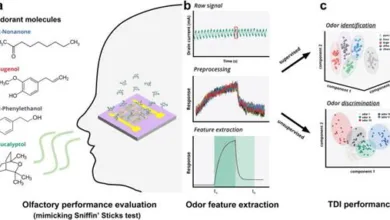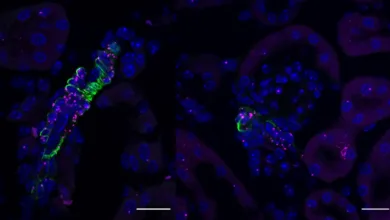Ants as Living Tools for Early Cancer Detection
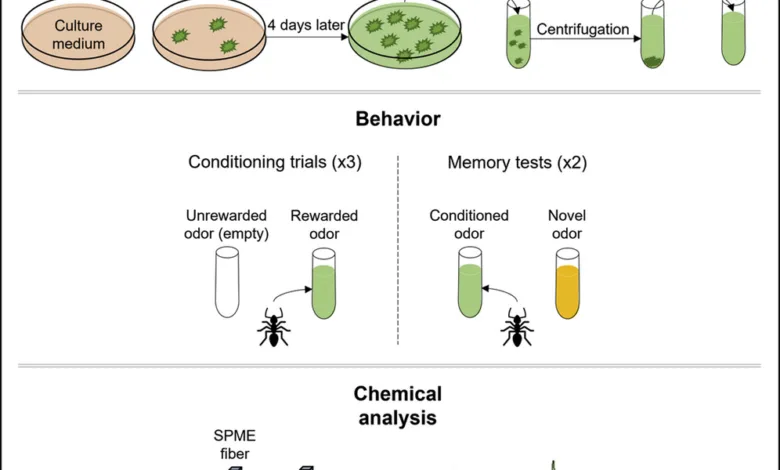
In a study published in iScience Journal, French researchers have revealed that ants can be rapidly conditioned to associate the odor of cancer cells with a reward. This discovery opens up new possibilities for early cancer detection, a critical challenge for public health.
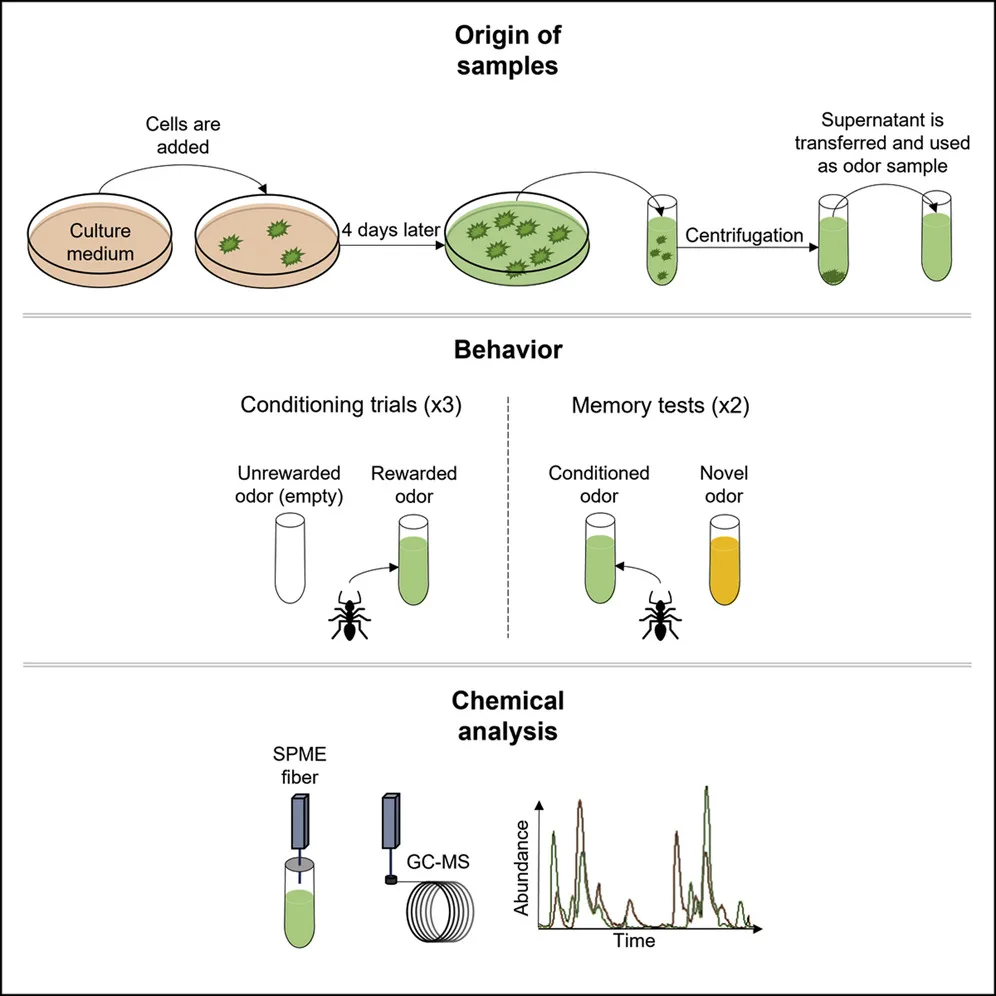
Graphical Abstract. Credits: Baptiste Piqueret et al., 2024
Ants, known for their refined sense of smell, have shown the ability to discriminate between cancerous and healthy cells, and even between two different cancerous lines. This remarkable feat is achieved through the detection of volatile organic compounds (VOCs) that are specific to each cell line.
Cancer cells are characterized by an altered metabolism, which produces unique patterns of VOCs. These patterns can serve as cancer biomarkers, providing a noninvasive method for cancer detection. While dogs have been known to detect these VOCs through olfactory associative learning, training them is both costly and time-consuming.
The study demonstrates that individual ants require only a few training trials to learn, memorize, and reliably detect the odor of human cancer cells. This rapid learning and detection rely on specific VOC patterns, as confirmed by gas chromatography/mass spectrometry.
The findings suggest that using ants as living tools to detect biomarkers of human cancer is not only feasible but also fast and less laborious than using other animals. This could potentially revolutionize cancer detection, making it more accessible and affordable for people worldwide.
Join the 7th World Congress of the Digital Olfaction Society this December and learn more about all recent advances and innovations in scent-based diagnosis and treatment. You can submit an abstract, innovation or demonstration.

